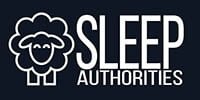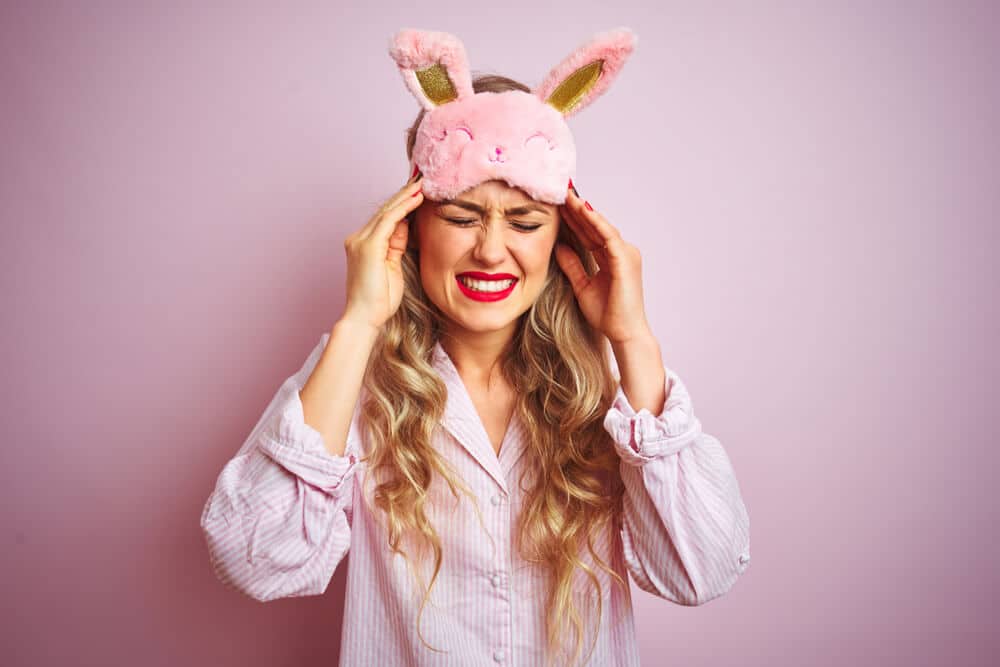Most know that getting too little sleep can result in some serious health risks. However, getting too much sleep might be as equally harmful. According to research recently published in Neurology, excessive sleeping and napping, along with poorer sleep quality, seems to increase the risk of stroke.
The Study
This extensive Chinese study examined the sleeping habits of 31,750 individuals, then estimated their incident stroke risk. Notably, these participants were 61-62 years old, on average, with no prior history of stroke. Researchers used the Cox regression model to calculate both hazard ratio (HR) and confidence intervals (CI).
The Results
Excessive sleepers fared worse than those who got the recommended amount of sleep and those who slept less than 6 hours a night. Specifically, researchers found that those who slept more than 9 hours at night had a 23% overall greater risk of stroke than those who slept 7 to 8 hours of sleep a night. The CI for this risk? 95%. It also didn’t matter if people always slept more than 9 hours a night or upped their sleeping time from 7-9 hours to 9+ hours: both of these groups had a greater total stroke risk than those who consistently slept 7-9 hours.
Excessive nappers fared poorly as well. Those who slept for more than 90 minutes a day had a 25% greater total stroke risk than moderate nappers (30 minutes or less). Once again, CI was at 95%.
Sleep quality also played a role in stroke risk. Compared to those who slept well, poor sleepers were at 29% greater risk of total stroke, 28% greater risk of ischemic stroke, and 56% greater risk of hemorrhagic stroke.
Compounding poor sleep habits naturally increased these risks. Namely, this study found that those who slept more than 9 hours at night and also napped excessively were 85% more likely to experience a stroke. Those who slept more than 9 hours—and slept poorly—had an 82% higher total stroke risk. For both of these risks, CI was at 95%.
Final Thoughts
Sleep deprivation is no joke. The solution is not to compensate with excessive sleep, though. Instead, it’s better to shoot for the recommended 7 to 9 hours of rest every night. Nappers should also keep it reasonable and opt for shorter naps, about 30 minutes or less in length. So, while catching lots and lots of Z’s is tempting, research says that too much of a good thing, at least in this case, can actually be pretty bad.
Terms
- Confidence Interval (CI): A statistics term that refers to the likelihood that the true, or accurate, value lies within a specified range. Increased CI corresponds to increased confidence.
- Cox Regression Model / Proportional Hazards Regression: A widely accepted model that uses several factors to determine the likelihood and timing of a certain event.
- Hazard Ratio (HR): The likelihood of certain events happening to a certain group (in comparison to a control group).
- Hemorrhagic Stroke: Strokes resulting from ruptured blood vessels; the deadliest type of stroke.
- Incidence: A medical term that may refer to new cases of a condition or the likelihood of a certain condition occurring for certain demographics within a given time frame.
- Ischemic Stroke: Strokes resulting from decreased blood flow due to an obstruction, such as a clot.
References
Zhou, L., Yu, K., Yang, L., Wang, H., Xiao, Y., Qiu, G., … Zhang, X. (2019). Sleep duration, midday napping, and sleep quality and incident stroke. Neurology, online. DOI: https://doi.org/10.1212/WNL.0000000000008739
Disclaimer
This article is for reference purposes only; it cannot replace the advice of a licensed healthcare professional.


